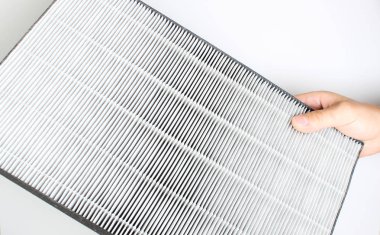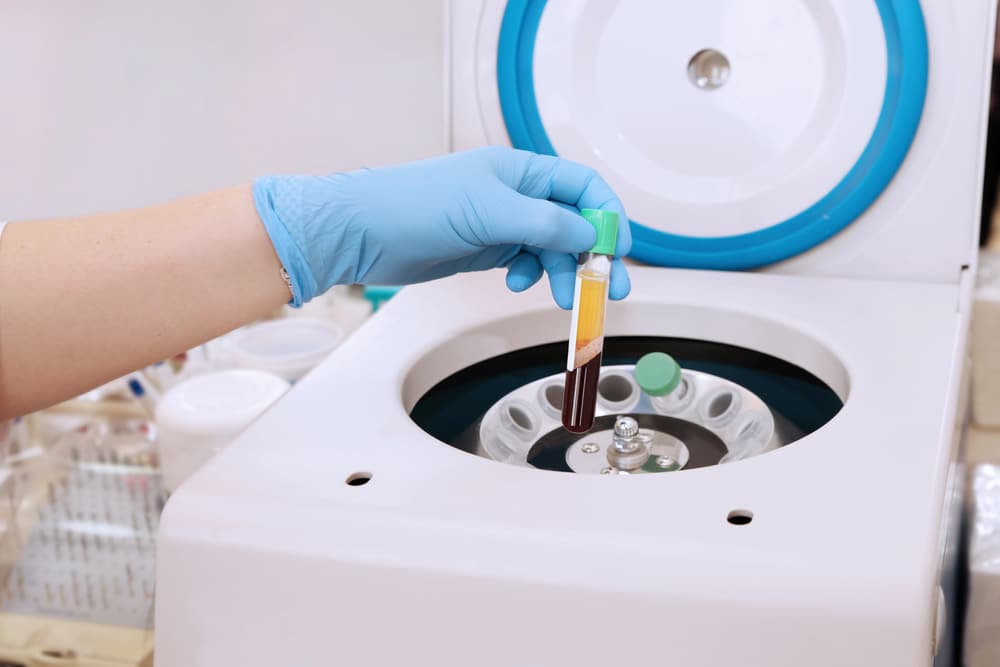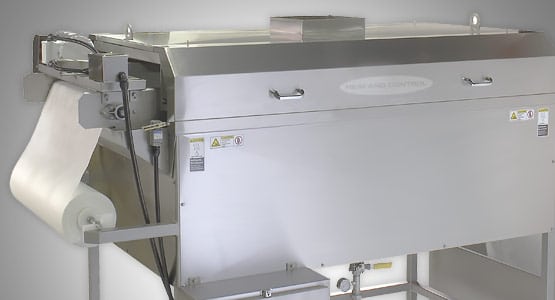Filters play a crucial role in separating liquid-solid or gas-solid mixtures across various industries and applications. As detailed in the article “Filters,” sourced from the University of Michigan’s Chemical Engineering Encyclopedia, filters are indispensable in ensuring the purity and quality of substances in a wide range of processes.
One of the key components of filters is the filter media, which comprises different types of fibers layered to create pores that facilitate the flow of liquid while capturing solid particles. These fibers can be synthetic, such as nylon or polyester, or natural, including cotton or wool, catering to diverse filtration needs.
In equipment design, filter cloth is commonly utilized for cake filtration, where solids accumulate on the surface to form a cake that performs the actual filtration. To prevent blockage by soft particles, filter aids are employed, consisting of fine fibers applied as a precoat on the filter medium and in the entering fluid.
An exemplary surface filter employed in industry is the strainer or screen, typically made of wire mesh and utilized for sludges and slurries containing larger solids. These versatile devices, known for their simplicity and cost-effectiveness, find widespread use across industries, including food processing and pool filtration.
Furthermore, sieves, a broader form of strainers, serve to separate larger solids from smaller particles, facilitating processes such as the separation of sand, gravel, and rocks.
Click here to learn more about Great Lakes Filters’ products.
Article with all rights reserved, courtesy of umich.edu
Photo with all rights reserved, courtesy of depositphotos.com










